
Proximity to precarity
Inequality is making society less creative and makes embracing an abundance mindset (much less an abundance agenda) more difficult.

Inequality is making society less creative and makes embracing an abundance mindset (much less an abundance agenda) more difficult.
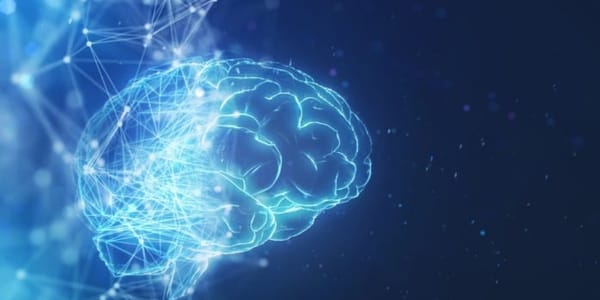
In the breathless race to become an ai-powered society, have we missed the step of becoming AI-literate enough to be AI-empowered without becoming AI-driven?
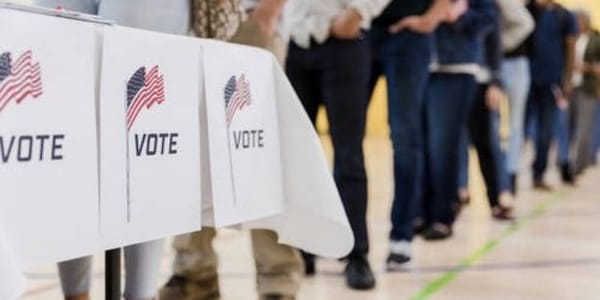
The how matters. Understanding how the electorate changed matters, but reflecting and embracing the deeper why's is the better guide for how to reimagine the Democratic Party and our campaigns.

What might mothers and mothering reveal to us about a better model for economic kindness and innovation?

How we think about what's not working in our civic life might offer a very different long-term path to something better even while the short-term demands we live in and confront our unrelentingly dysfunctional present as directly as we can.

We've probably all heard this quippy, quotable faux-Drukcer-ism. (And maybe I'm just thinking about Easter brunch...) But why might this old cliche actually be true and how might that help illuminate what's happening and maybe not happening in our teams and organizations right now?

What does "moderate" or a "Moderate" or "to moderate" really mean in American civic life? Even if we could figure out which one means what, I don't think it's the guide we need.

Let's start with the assumptions about the smallness of a zero-sum mindset and the ambition of abundance for everyone ... and then keep going.
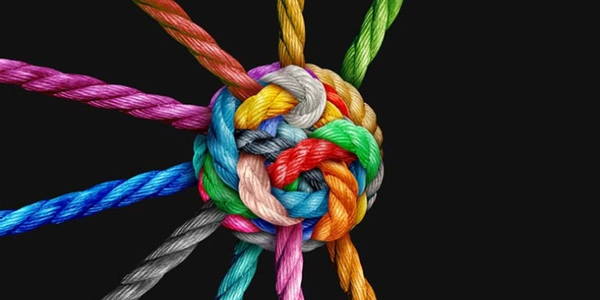
How we look for leadership matters. Replacing Sen. Schumer as the Senate minority leader might be warranted (even needed) but isn't the right answer to the right question we should be asking about the leadership we need right now.
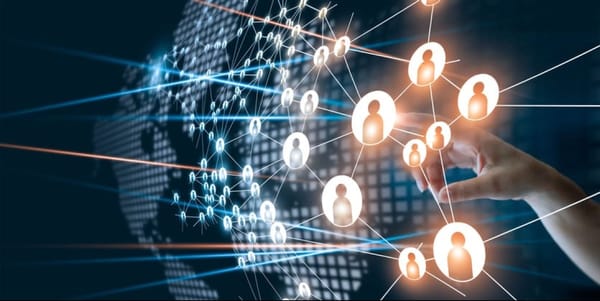
We are headed down an AI-accelerated path toward hyper-efficient society and teams that lack the openness, freedom, and creativity of high-context cultures.

How Micah Bornfree's Unified Theory of Revolution combined with a dimension of time might could help us make sense of the work confronting us and keep us moving toward the nation we need.
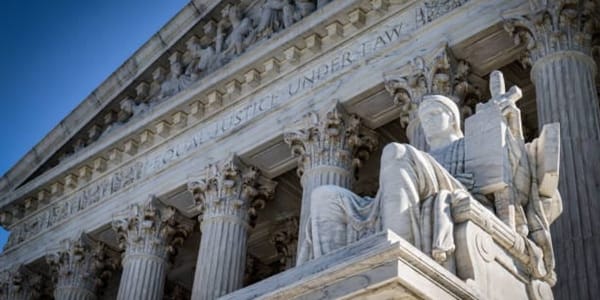
The highest court in the land not only decides our most fundamental constitutional questions, their power to choose which cases they hear at all fundamentally shapes our civic culture and discourse in largely silent ways.

We need adaptable, creative strategies to confront the challenges and embrace the opportunities we are facing and that kind of adaptable creativity only emerges from diverse teams.

Democracy
Why continuing to try to predict the future in a moment of impossibly heavy uncertainty might be one of our keys to changing course.
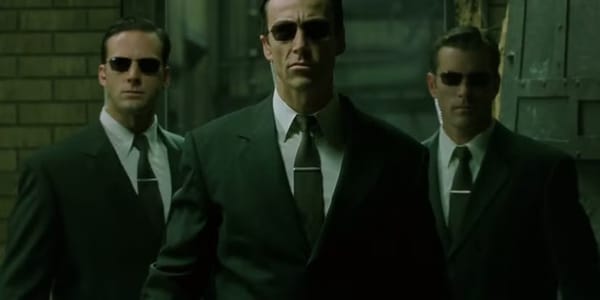
Media Systems
Most discussion about generative AI tools has centered around the challenges and opportunities posed by synthetic content. Now that these agents are taking actions for us, what impacts might ceding that agency have on us and on society?
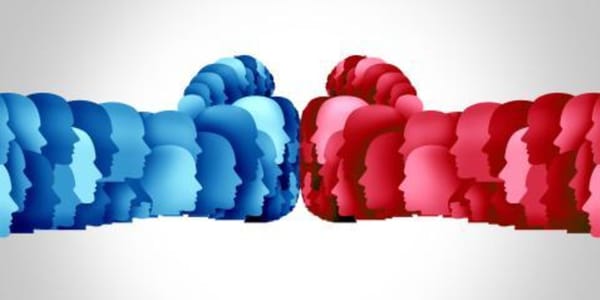
Culture
Who does the hyperpolarized, hyperpartisan narrative in American politics really benefit? And is it getting in our way of something better...
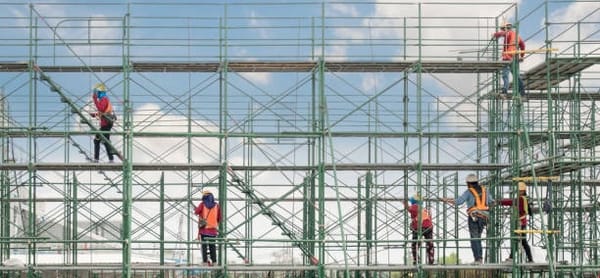
The work of party building is always ongoing, but emerging from our current dysfunction to build something new requires a deep commitment to transform a party that has been stuck for...a while.

Newsletter
The cracks are the map. Passive. Disconnected. Condescending. Exclusionary. Neoliberal. All solvable if we go straight at each of these perceptions or failures of the Democratic Party.

Newsletter
Examining the relationship between wealth, self-esteem, and community value might help us unlock new paths to transforming our economy and reclaiming our civic life.

The Democratic Party has been in the wilderness for a long time now. Perhaps the consequences are stark enough, the excuses flimsy enough that we can finally embrace real transformation.
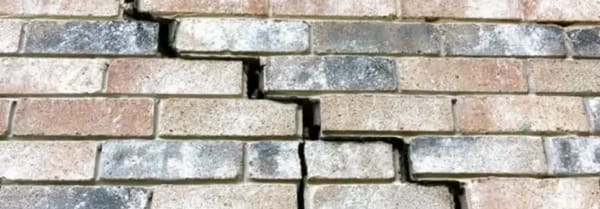
If damage is the strategy, then the cracks are our guide to the work our democracy needs from us, win or lose.
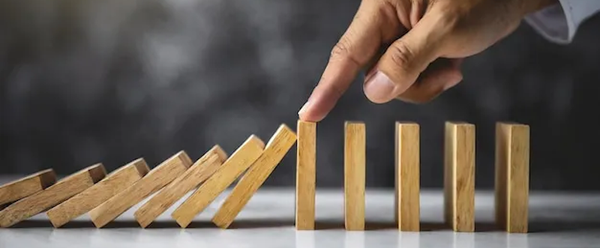
Our Federal courts may have accidentally turned Section 230 into the tool it was meant to be.
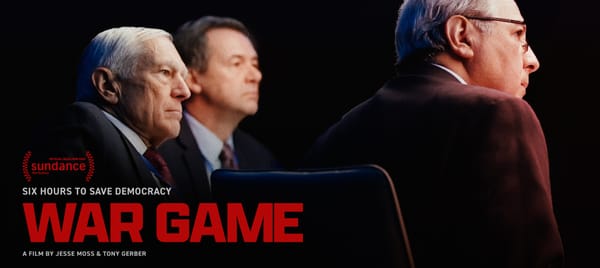
The most important insight might not be anything that happens in the simulated Situation Room but what kept one of the characters from ending up on the wrong side of the "war".
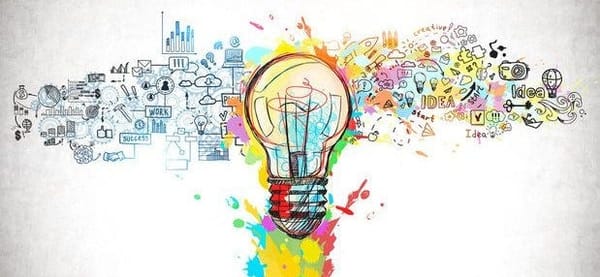
Slowing down might help us unlock the creativity and the kindness we desperately need right now.